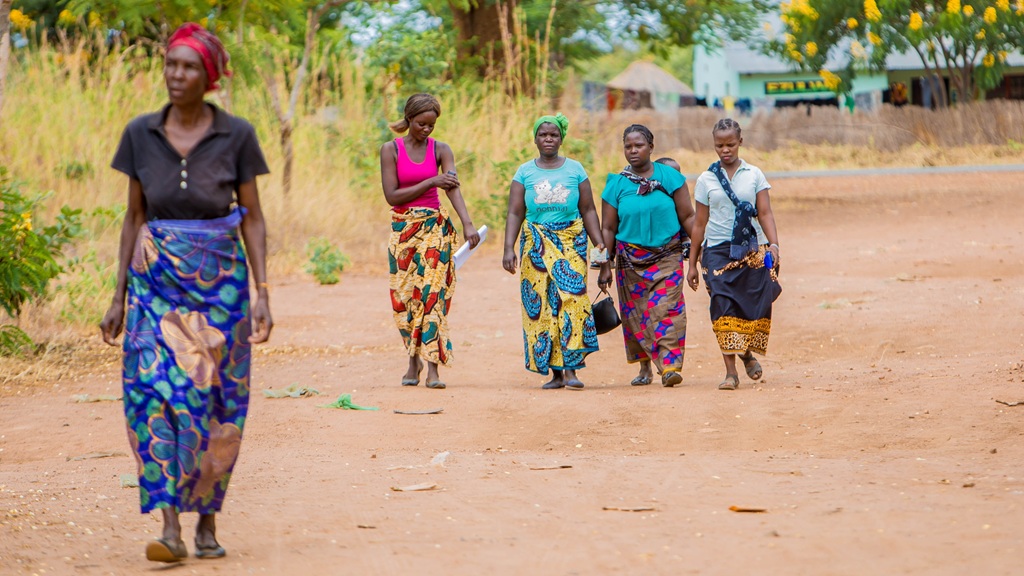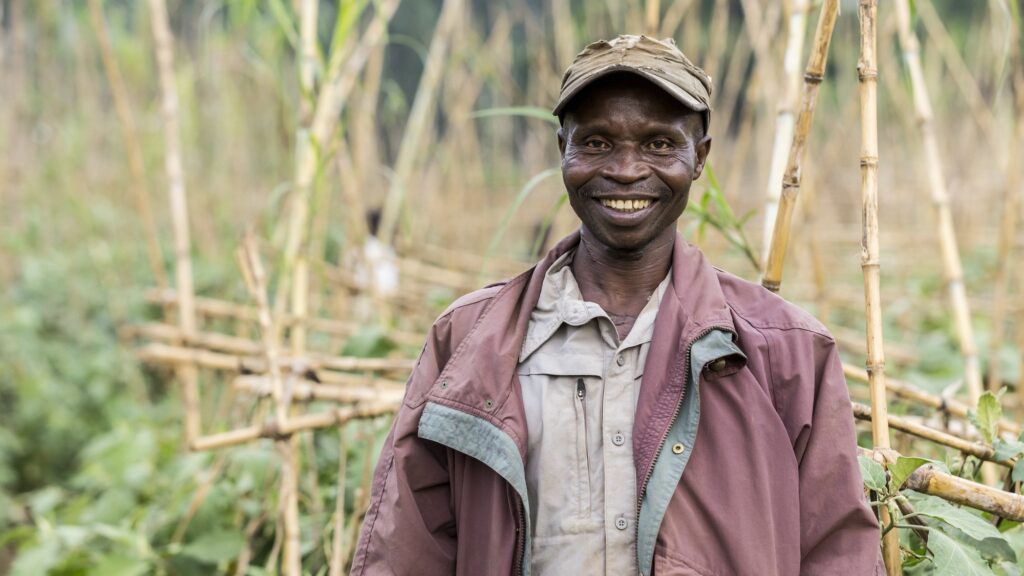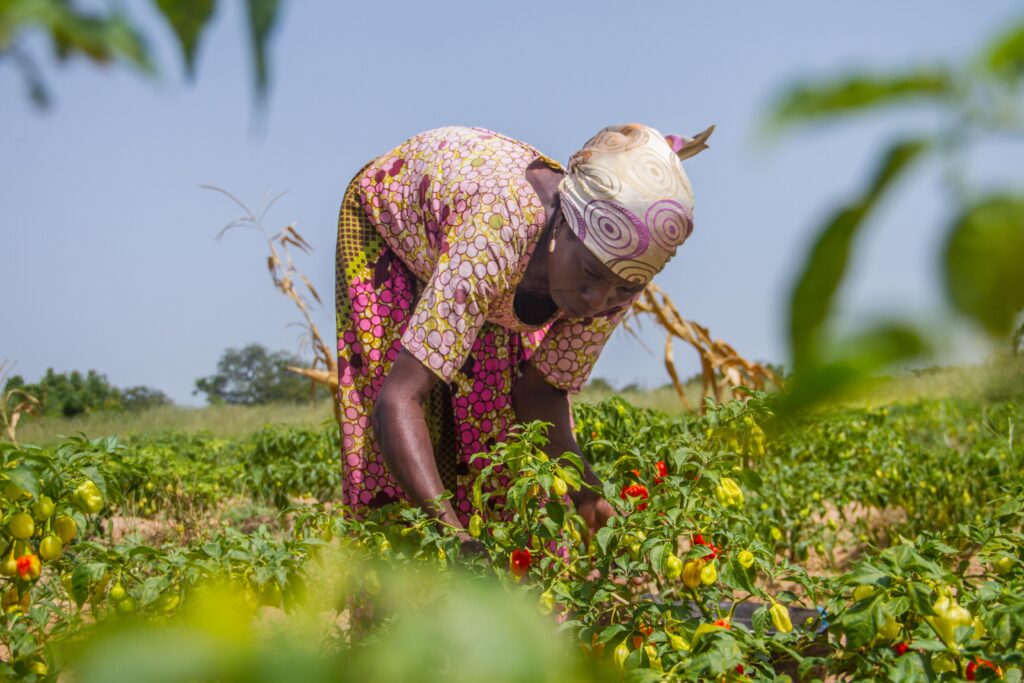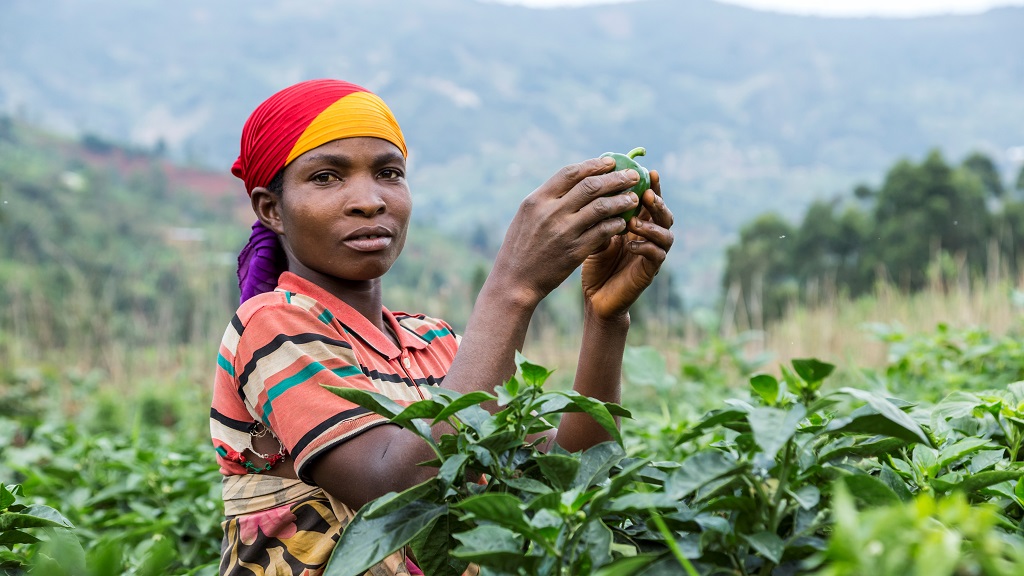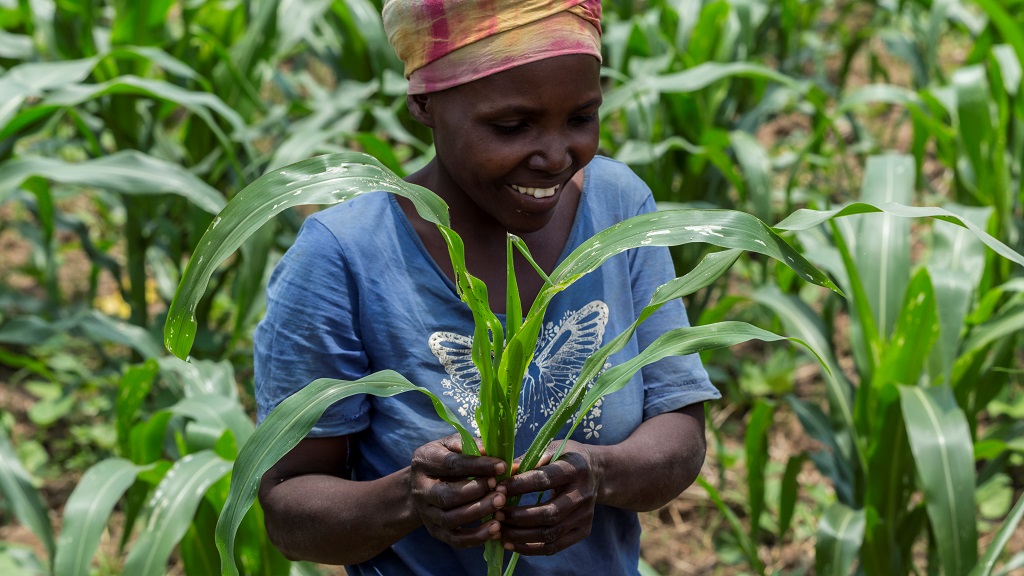Empowering women farmers through Gender Technical Working Groups
How PlantwisePlus is championing gender equality in agriculture through GTWGs Gender Technical Working Groups play a vital role in advancing equality in rural communities. Women in villages often have less access to knowledge, resources and power than men. They are less likely to be able to attend agricultural training. In addition, many struggle to secure…
Empowering women farmers in Ghana: Introducing the gender handbook for extension agents
At 42%, women form a large and important part of the global agricultural work force. In Ghana, this figure is even higher. Here, women make up 52% of the labour force and produce 70% of food crops. However, gender norms and stereotypes often prevent them from fully participating in decision-making on family farms. This impacts…
New study highlights positive impact of PlantwisePlus in Ghana on gender-inclusive agricultural extension services
A new study brief shares key findings on gender-inclusive agricultural extension services in Ghana by PlantwisePlus.
Why it’s important to prioritize unpaid care work in the agriculture sector
Gender norms often prevent women from entering into productive careers in agriculture. These norms are a type of social norm related to what communities believe men and women should and shouldn’t be doing. They’re shared beliefs about typical and appropriate behaviour in a group.
How community conversations help to close the gender gap in Burundi
What are community conversations and how are they closing the gender gap in Burundi’s farming sector? The gender gap in agriculture is a big challenge. In low- and middle-income countries, women make up an average of 43% of the agricultural labour force. In Burundi, of all the time spent on agricultural work, women make up…

